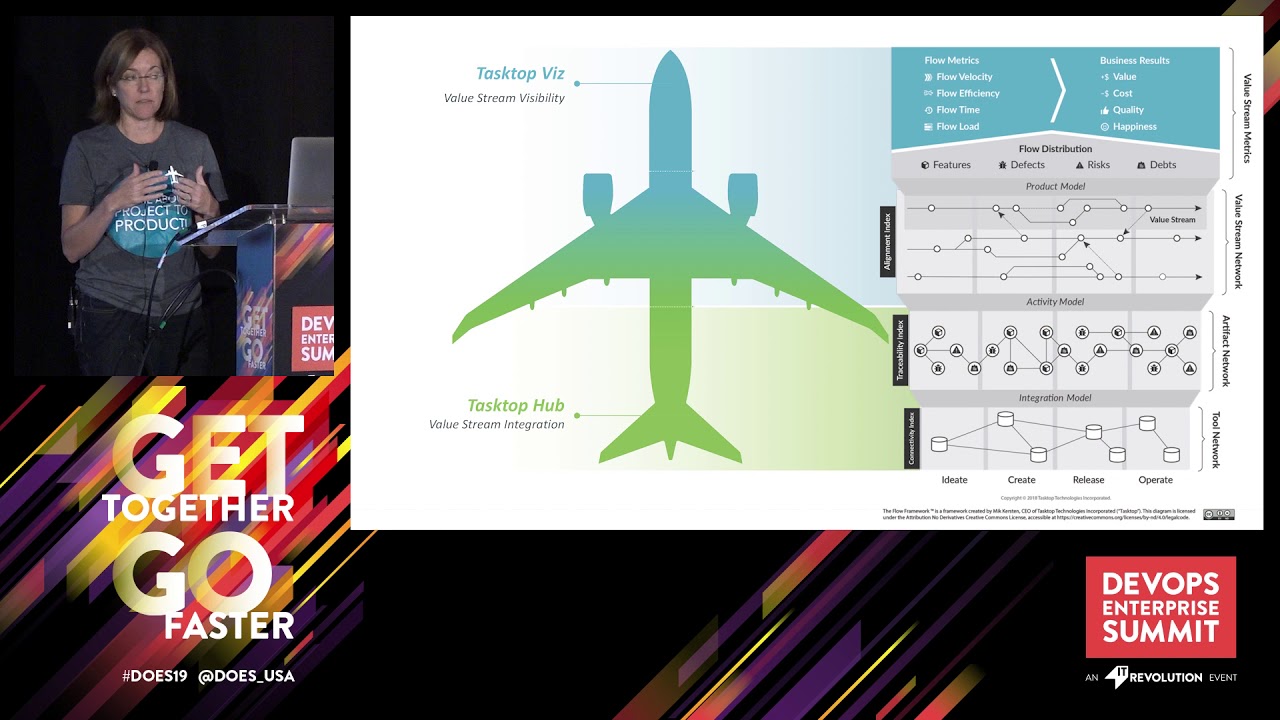DevOps
Toolchain
Solutions | DevOps Toolchain
Integrating Software Flow
The DevOps Toolchain refers to the combination of tools used to progress code through the full life-cycle from development to production.
An integrated toolchain allows developers, testers, and operations teams to work together throughout the whole software lifecycle, automating repetitive tasks, reducing manual errors and saving time.
A toolchain's components typically operate one after the other, with the output of one tool acting as the input for the subsequent one.
The challenges developers face include poor interoperability and manual handoffs between tools, causing DevOps automation silos. An integration platform connects and integrates them to enable end to end Flow automation.
Best Practice Capabilities
CI / CD
An integrated toolchain enables Continuous Integration and Delivery, facilitating rapid feedback loops and faster deployment of code changes. Through integrated tools, teams gain better visibility into the development process, enhancing traceability and accountability.
End to End Collaboration
The toolchain isn't limited to coding. It can also include developer communication tools like 'Chatops', and as Tasktop describes spans the entire innovation lifecycle from ideation to deployment, encompassing apps like iRise and Sharepoint.
Application Ecosystems
Toolchains can typically be vendor centric, for example the full stack Azure DevOps toolchain, or as Atlassian describes this can be achieved through an open partner marketplace approach.
Industry Insights
Read the article series.



Nicole Bryan and Jeff Zahorchak explain the process of mapping DevOps workflow to build an integrated toolchain, and optimize it for high performance through implementing Flow Metrics.